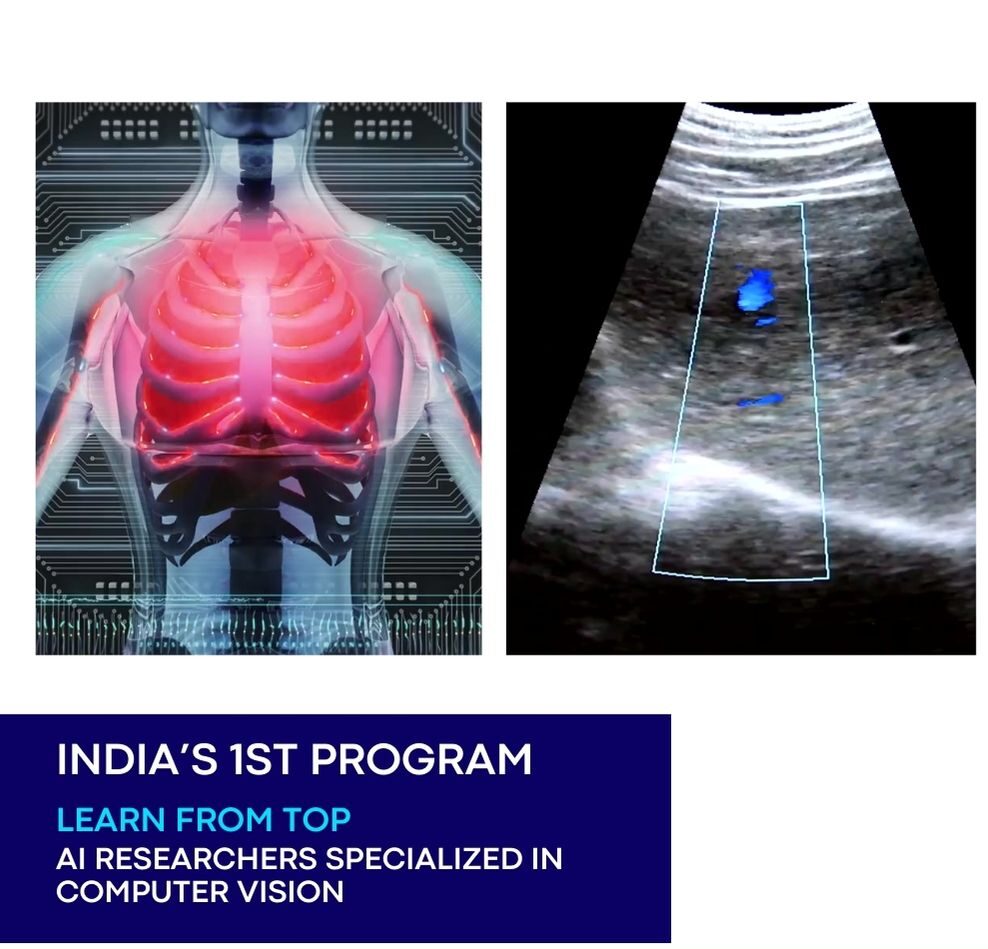In this module, We will explore neural networks and understand their significance in healthcare.
Computer vision, image classification, segmentation, and detection will equip you with the tools to solve real-world healthcare problems.
Practical implementations using Xray, 3D MRI Data, Brain MRI Scans, Breast Cancer Ultrasound data and other opensource data will reinforce your skills.
The module also covers natural language processing, its relevance in healthcare, and its synergy with computer vision, forming a new domain.
You’ll explore OCR use cases, enabling semi-automatic patient report entries.
We will also explore how computer vision can have “attention” with the rise of transformative technologies, empowering you to tackle healthcare challenges with the latest advancements.

